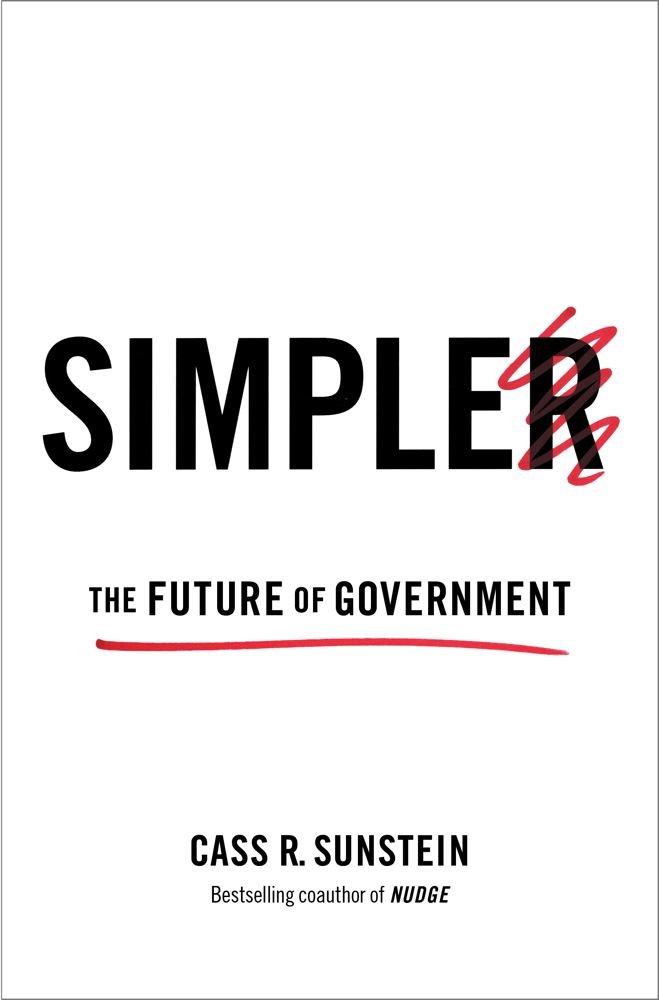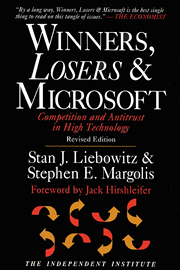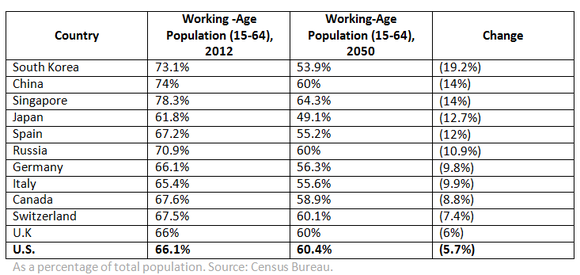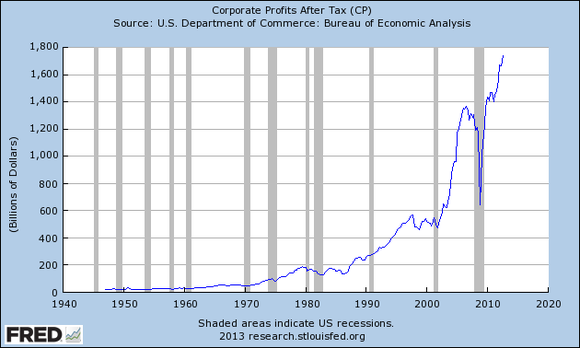
It may not be as exciting and mysterious as the MI5 unit, but the UK government’s Behavioural Insights Team could be the economist’s version of influencing the world from the shadows. BIT is also known as the “Nudge Unit.” As The Telegraph explains,
The unit’s work is described by them as “libertarian paternalism”, a phrase coined in the 2008 book Nudge: Improving Decisions About Health, Wealth and Happiness by Chicago University professor Richard Thaler and Cass Sunstein (now required reading for the Coalition front bench). And yet while their language might sometimes seem worryingly close to management-speak – using “choice architecture” to create “rational economic optimisers” – it belies some basic common sense.
Cass Sunstein now has a new book (to be published April 9th), Simpler: The Future of Government. Sunstein has some experience in putting his ideas to practice, as this Fortune article describes:
Cass Sunstein, a friend of Obama’s from his University of Chicago Law School days, spent the last four years running the Office of Information and Regulatory Affairs (OIRA). It’s an obscure but exceedingly powerful perch that enabled Sunstein to put his imprint on everything from fuel efficiency standards and the redesign of the food pyramid to the rules for the landmark health care and Wall Street overhauls.
Sunstein used his office as a laboratory for his brand of “libertarian paternalism” — his self-described and seemingly paradoxical approach to structuring prompts for people that promote their welfare by protecting them from their more self-destructive impulses.
I suppose we are bound to hear more and more about libertarian paternalism. This is not new to those of you who just took Comparative Economic Systems, and neither are the warnings of Harvard’s Ed Glaeser on the dangers of “soft paternalism.” That leaves just one last question: What would Hayek say? Economics student Ryan Kottman answered that question for the Comparative Economics crowd in his presentation on “libertarian paternalism:” Hayek would worry very much about the government’s nudging leading to less individual responsibility. Kottman quotes Hayek’s Constitution of Liberty: “We assign responsibility to a man, not in order to say that as he was he might have acted differently, but in order to make him different.”




 Movie icon Harrison Ford will reportedly return
Movie icon Harrison Ford will reportedly return 

